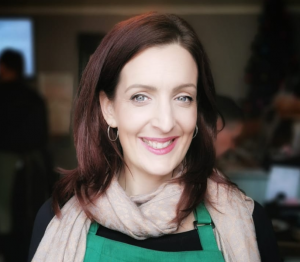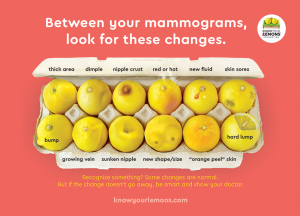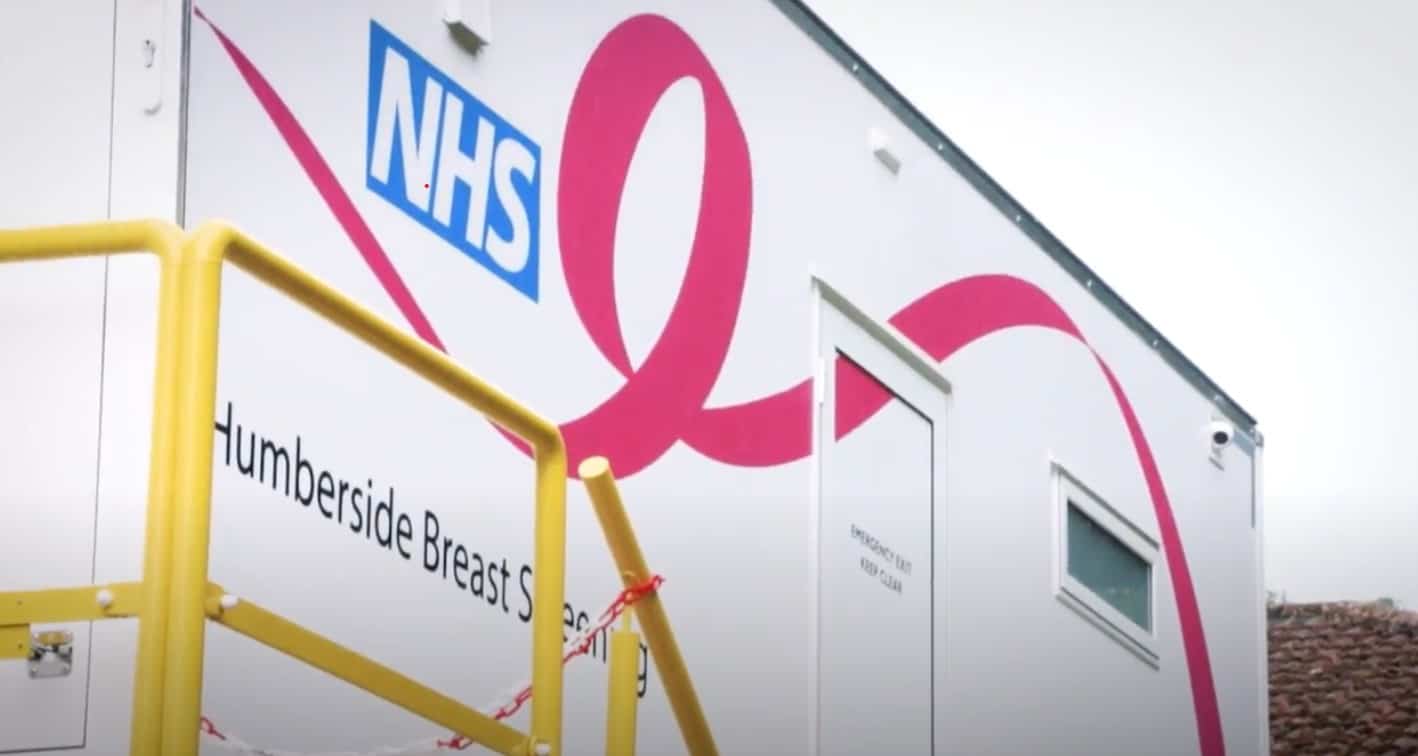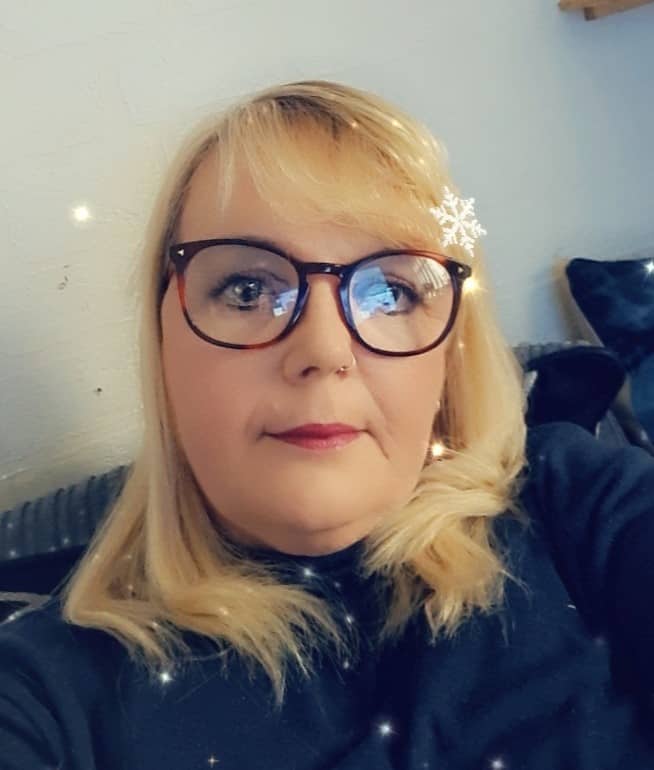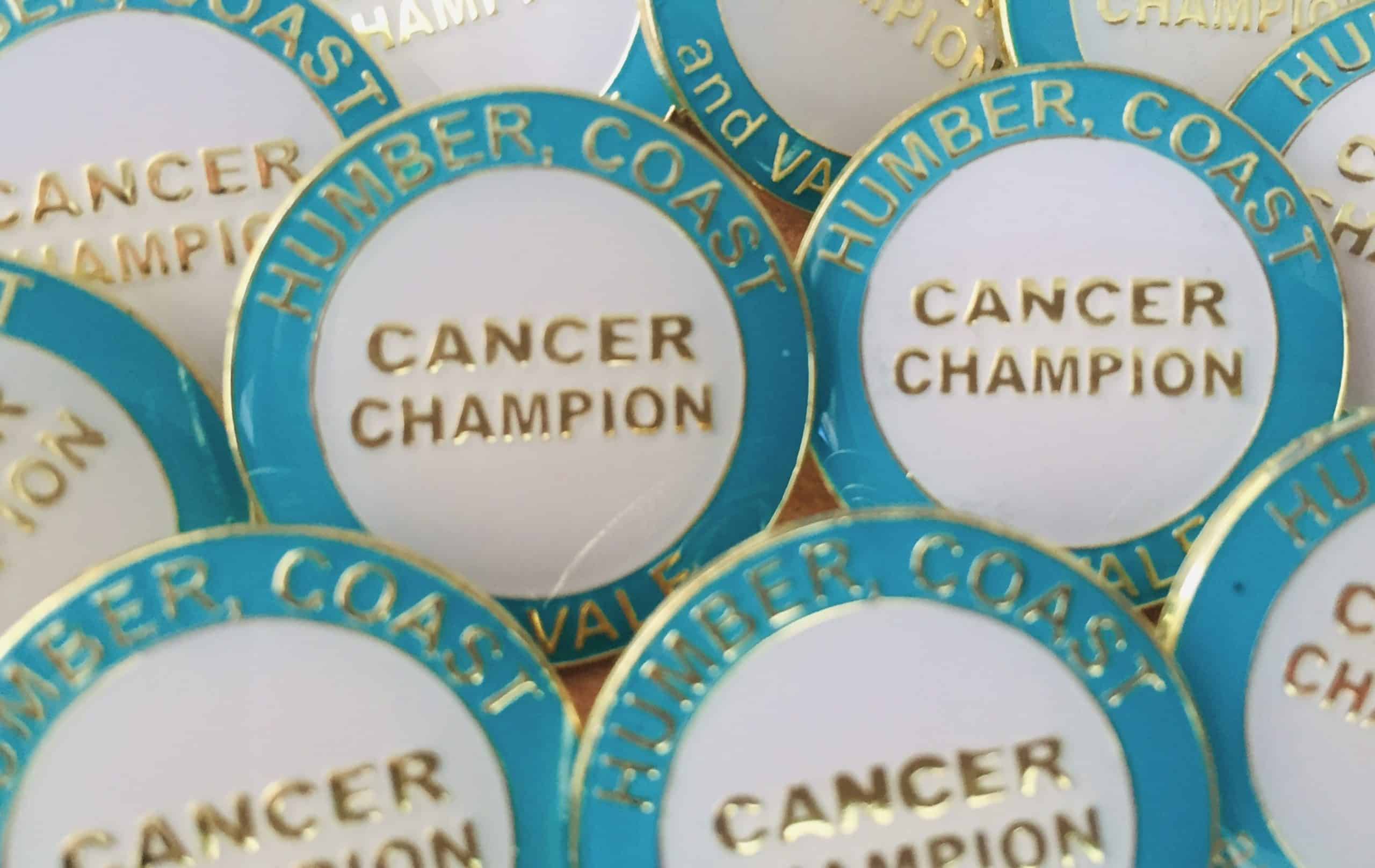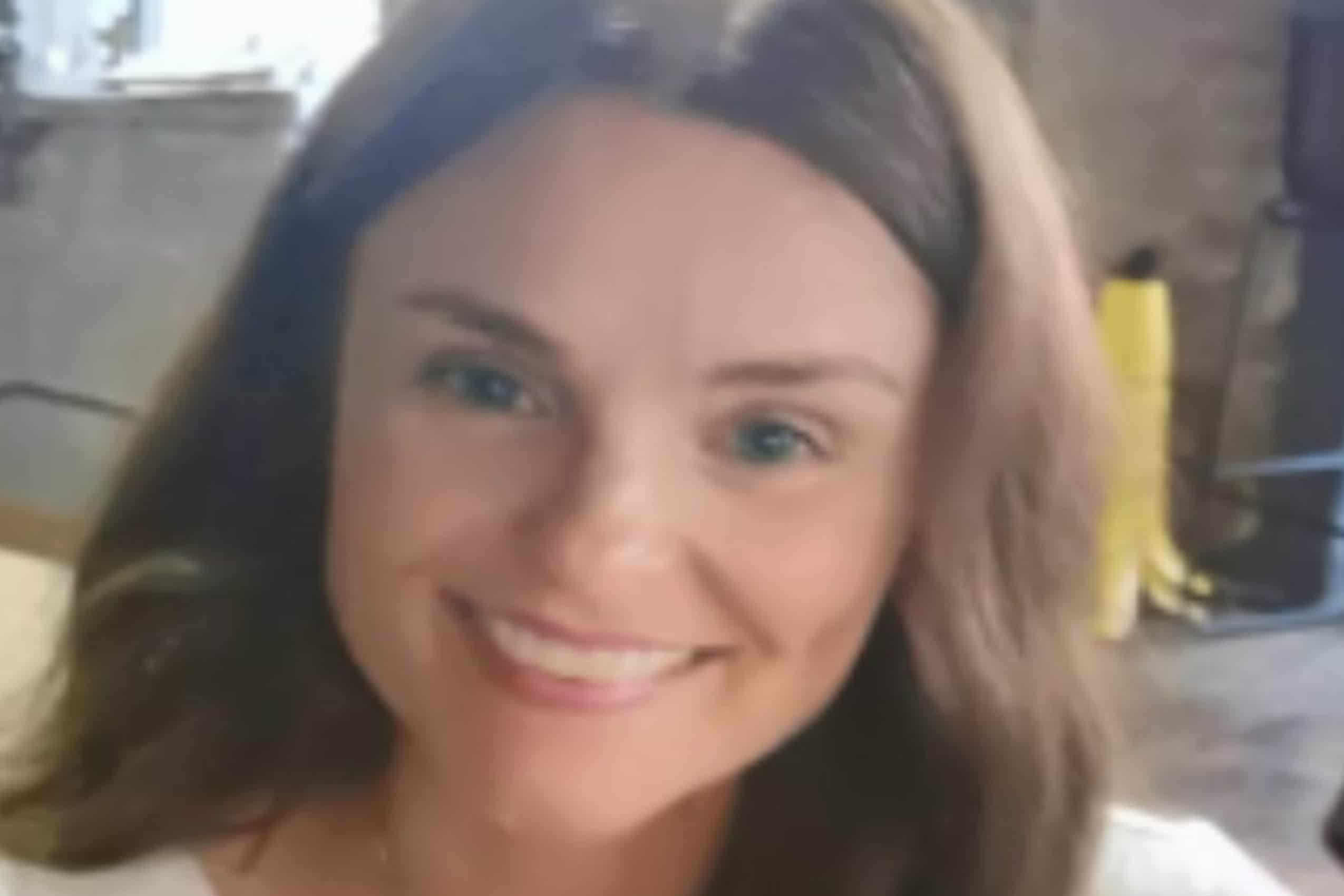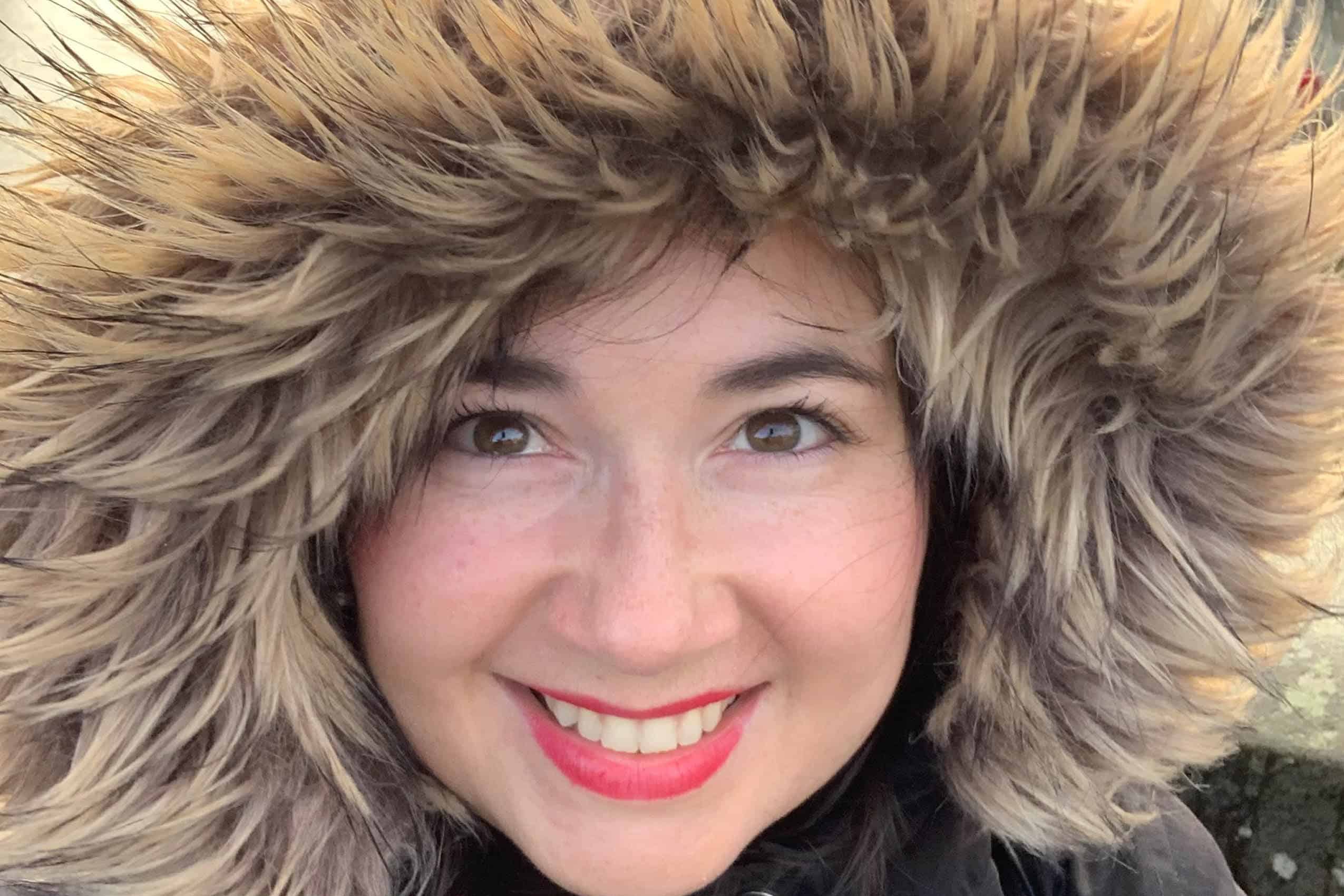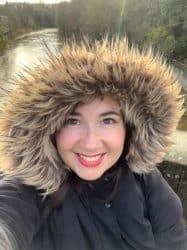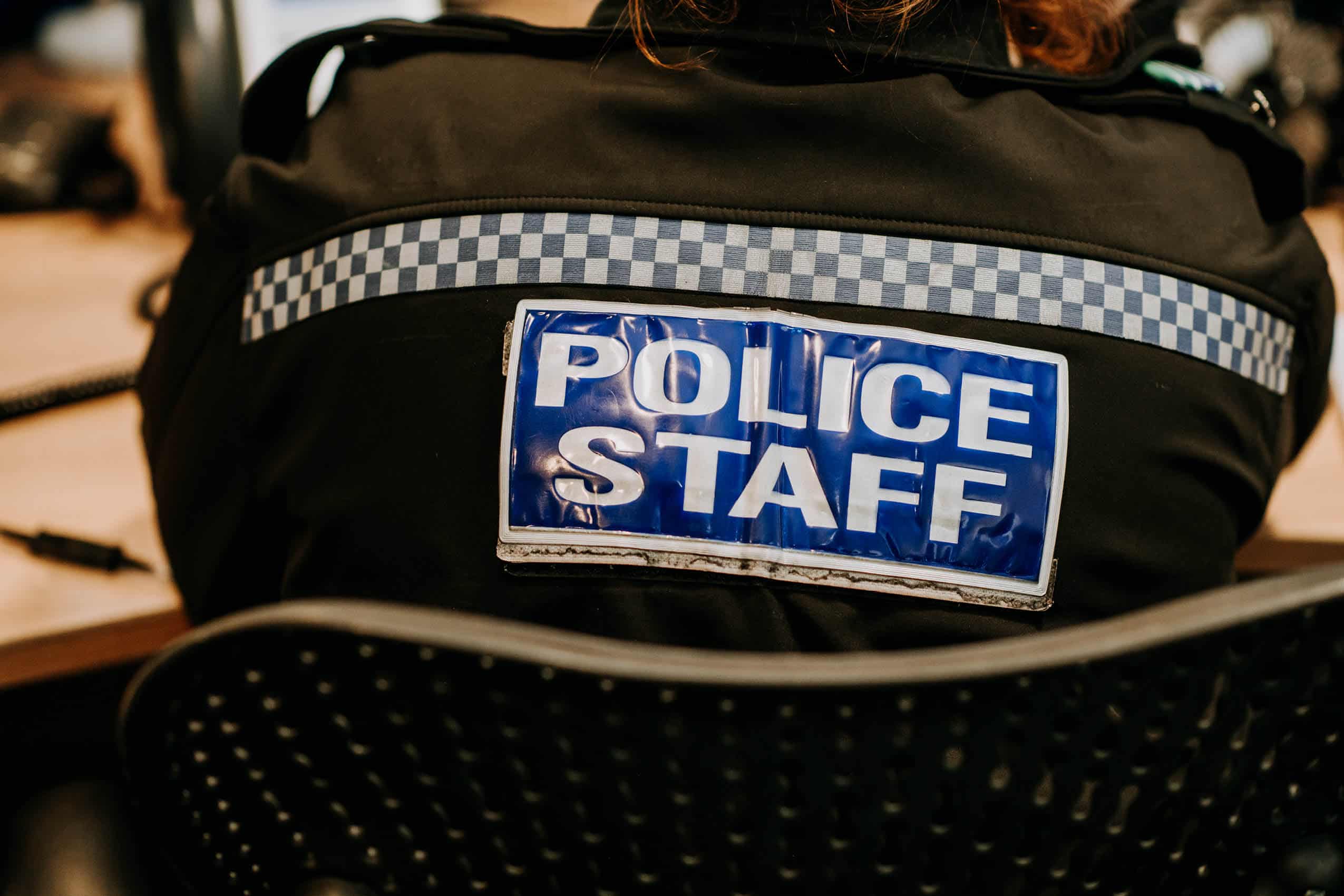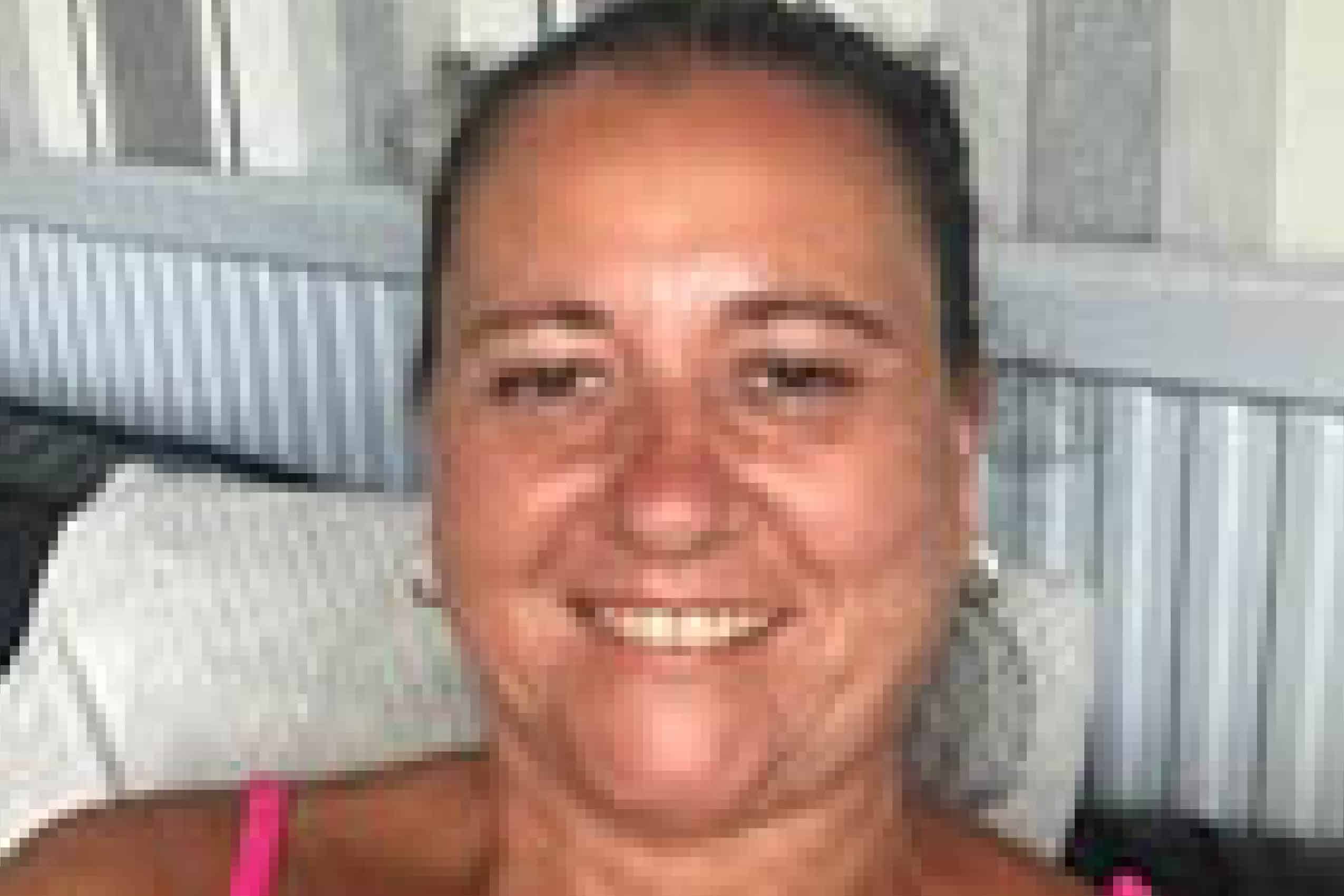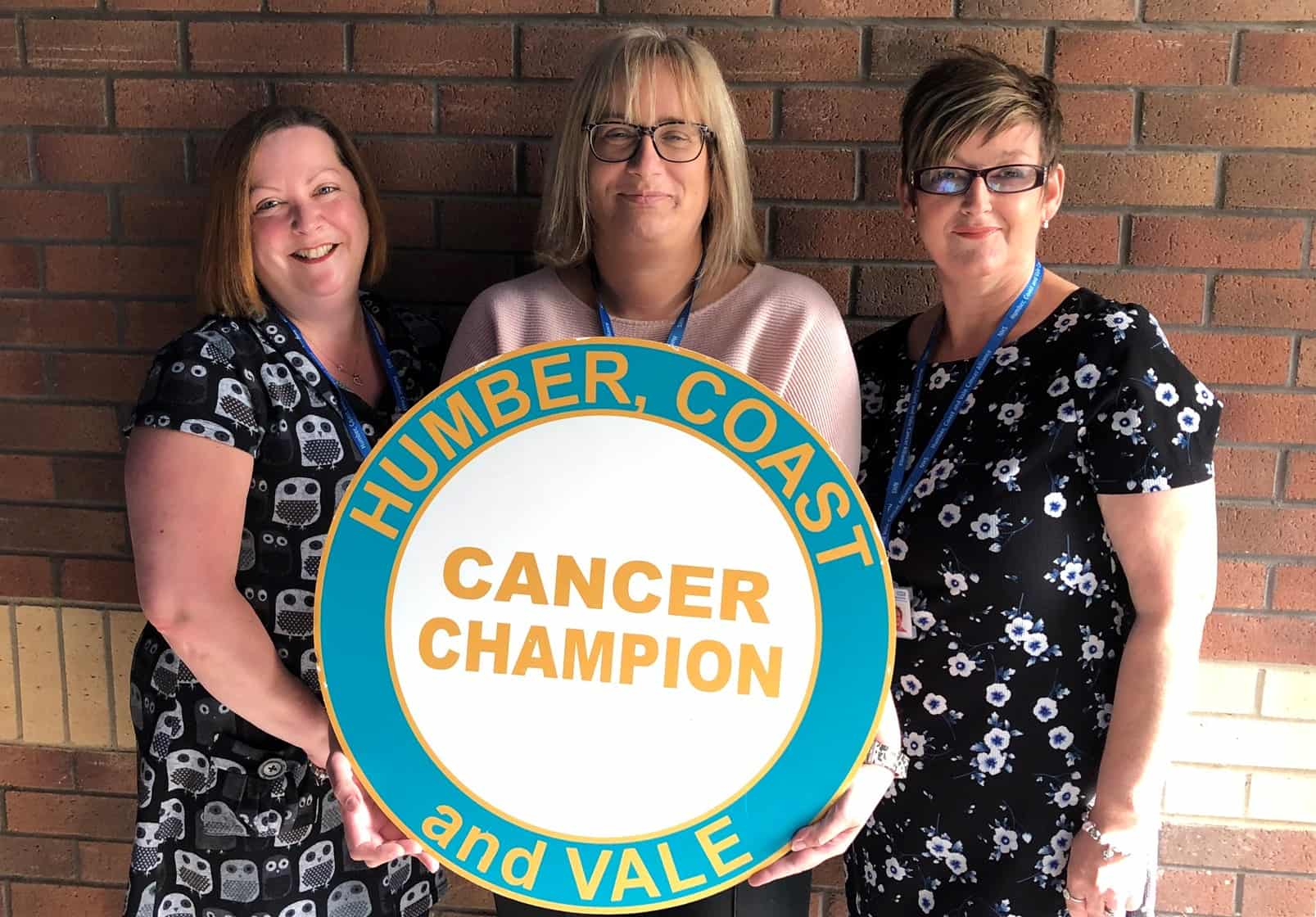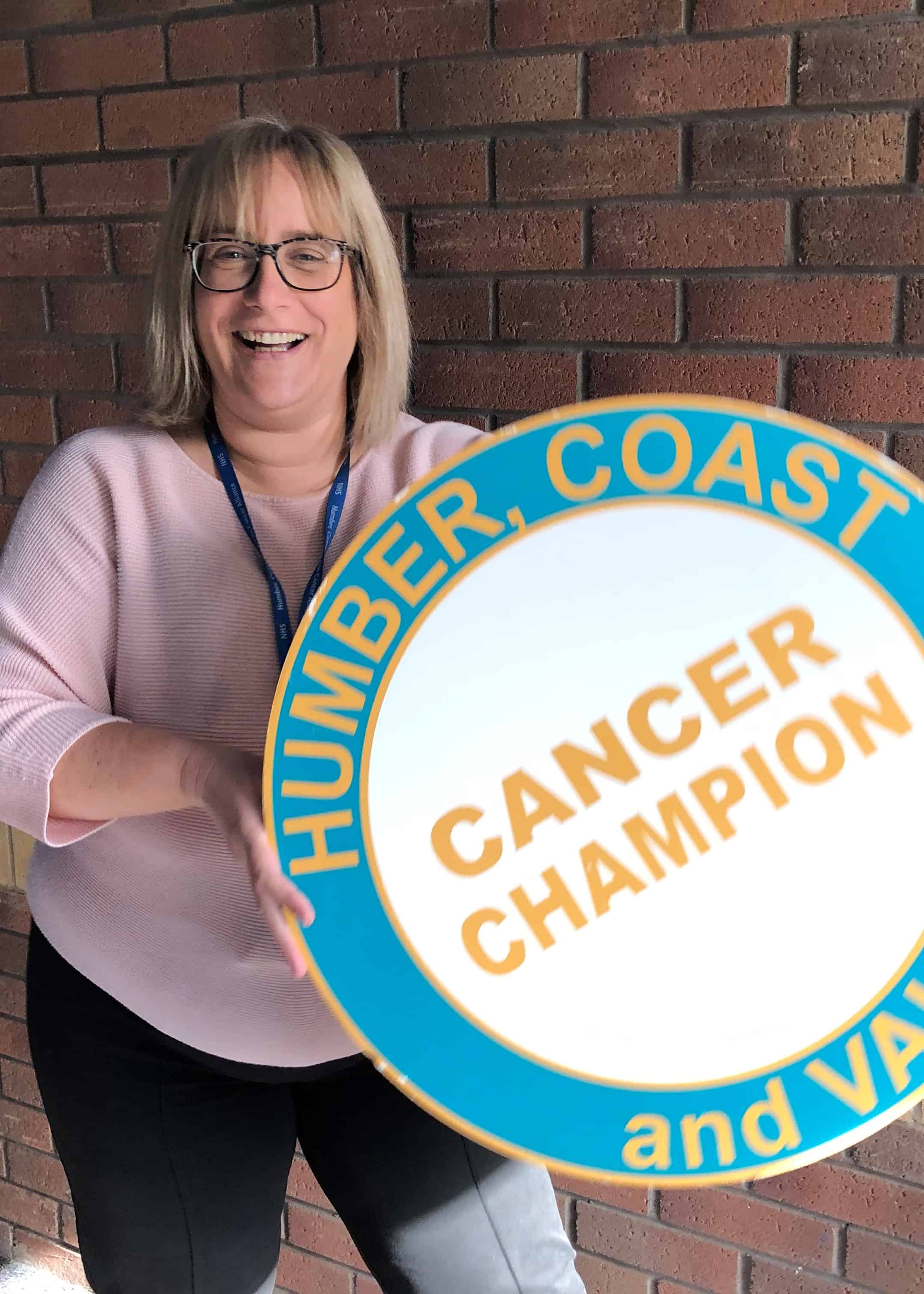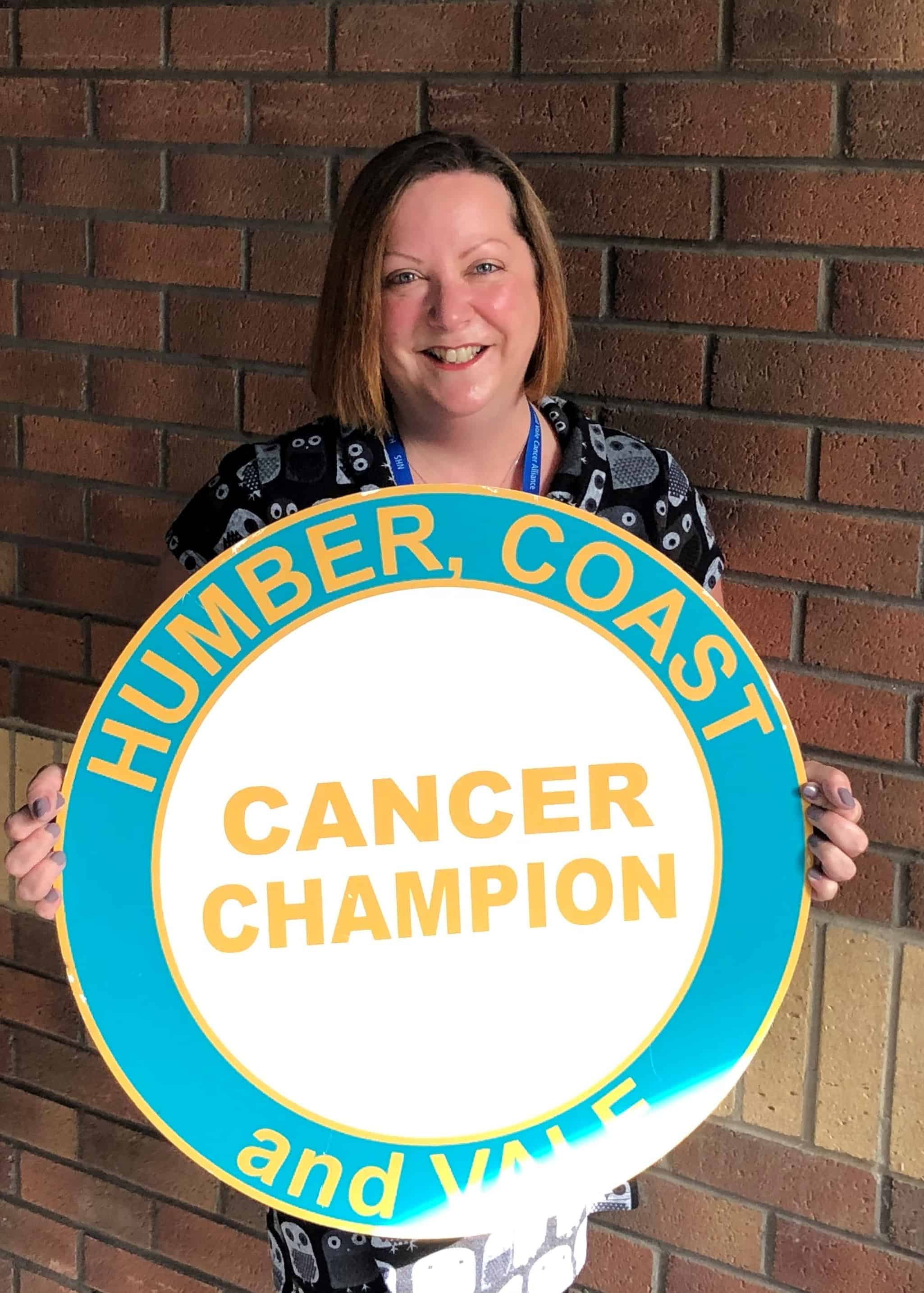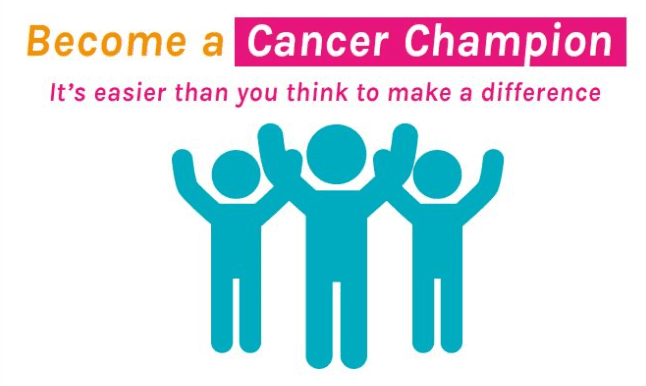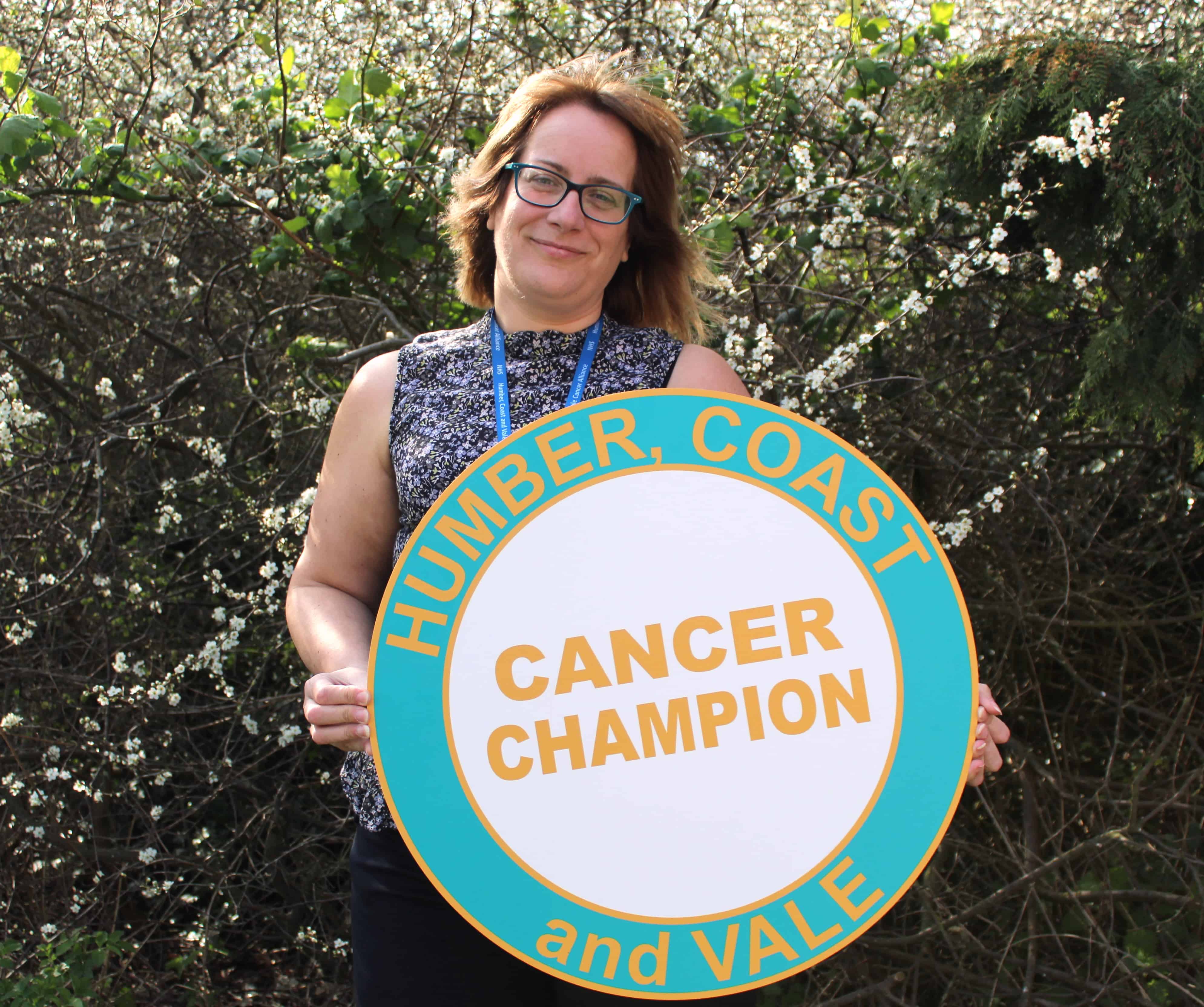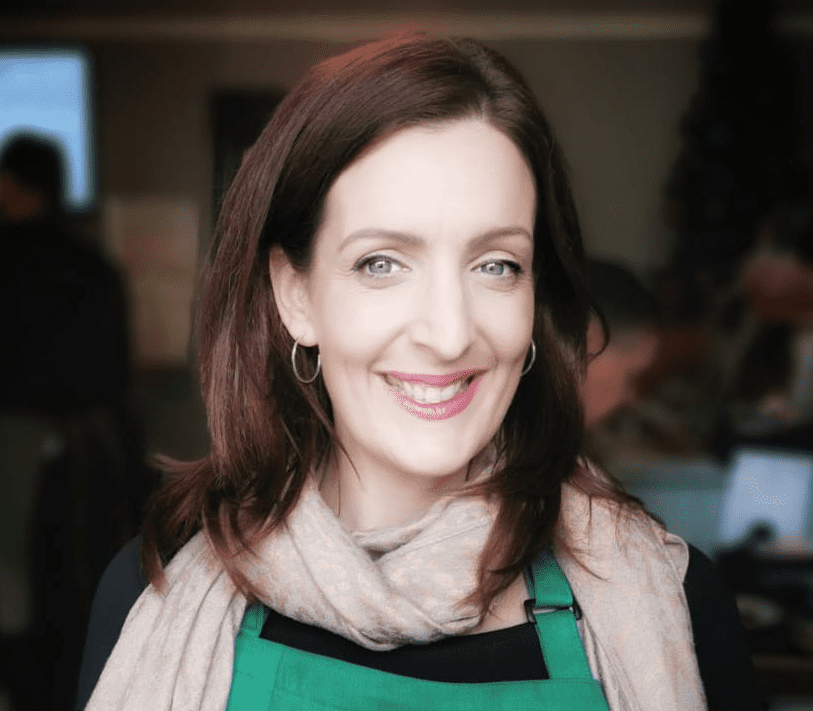
After a routine cervical screening test, Katy received a letter saying she had abnormal cells. As a Cancer Champion, Katy is now sharing her experience to help tackle the fears some women and people with a cervix may be experiencing about cervical screening.
“Following a routine cervical screening test, I was shocked to receive a feedback letter saying I had abnormal cells and HPV virus. It seemed very sinister and I was worried; how had I got HPV?!
I was then asked to go to Hull Royal for a colposcopy, which made me feel very nervous, as I wasn’t sure what to expect. When I arrived, however, the whole team made me feel at ease as soon as I walked in.
Before the colposcopy examination, I spoke with a consultant who explained more about the HPV virus… that it was very normal, and that I had most likely had it for years. By keeping a close eye on the cells and removing tiny amounts of them if required, it can ultimately stop the development of cancerous cells. There was no suggestion to say that I would develop cancerous cells if the HPV was left untreated – but it was a great way to prevent it from happening.
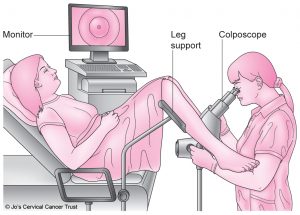
By keeping a close eye on the cells and removing tiny amounts of them if required, a colposcopy can ultimately stop the development of cancerous cells. [Image from Jo’s Trust]
The following year, when I returned for a smear test, I was referred for another colposcopy. This time, the consultant advised that they would remove some of the cells there and then – which was good because I didn’t have time to overthink it! Again, it was painless – just a little uncomfortable for a matter of seconds. The procedure was very quick. After using a local anaesthetic on the cervix (which also didn’t hurt) he used a device with a heated thin wire loop, which quickly removed a tiny amount of the abnormal cells.
Before I knew it, I was sat in a comfy chair, drinking a cup of tea, and eating a biscuit! I didn’t experience any pain when the anaesthetic wore off. I just had to avoid exercise for 3-4 weeks (other than walking).
I’ve just had another smear, and the HPV virus is still present, but there are no abnormal cells, so I’m being referred for a colposcopy again.
I’m very grateful for the cervical screening system – it is empowering to know that by attending the routine smear tests and colposcopies, I’m doing everything I can to monitor my health, which benefits both me and my family.”
What is cervical screening?
Cervical screening (previously known as a smear test) is a test to check the health of your cervix, which is the opening to your womb from your vagina. It’s not a test for cancer; it’s a test to help prevent cancer.
In England, all women and people with a cervix aged 25 to 64 should be invited to regular appointments by letter. During each appointment, a small sample of cells will be taken from your cervix to check for human papillomavirus (HPV) that can cause changes to the cells of your cervix.
To find out more about the cervical screening programme and how attending your appointment can help prevent cancer, visit www.jostrust.org.uk

